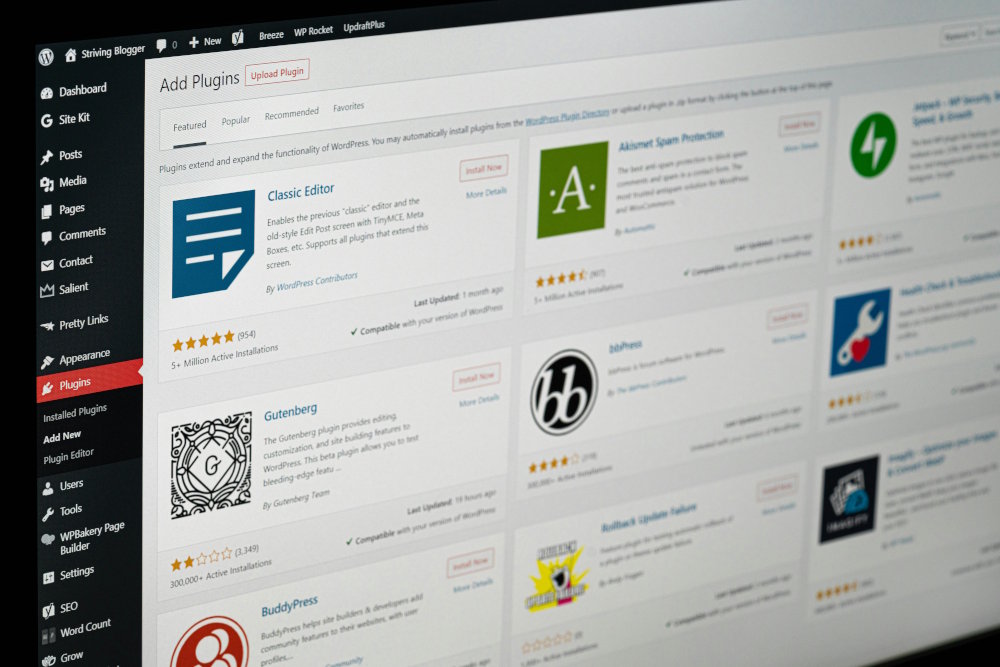
Why real-time visibility is key to runtime security [Q&A]
Cloud threats are evolving faster than most security teams can respond, and traditional security tools are struggling to keep pace. According to IBM’s 2024 Cost of a Data Breach Report it now takes an average of 258 days to detect and contain a breach -- giving attackers more than enough time to access sensitive data and move laterally through cloud infrastructure undetected.
We spoke to CEO of Upwind, Amiram Schacha, to learn why organizations need real-time visibility and protection at the runtime layer -- where threats actually occur -- in order to close this growing security gap.

Microsoft and KnowBe4 bring real-time security coaching to the browser
KnowBe4 has announced a new integration between its SecurityCoach platform and Microsoft Edge for Business, aiming to reduce risky user behavior online by offering in-the-moment security guidance.
The feature is available globally now and is designed to give organizations better control over human-centered security threats without disrupting productivity.

Photoshop brings low-res images back to life with Generative Upscale
Photoshop’s latest updates bring a fresh set of tools to the desktop, web, and mobile. From blending elements into scenes to cleaning up cluttered images and scaling up resolution, it probably won't come as any surprise to learn these tools use AI to handle a lot of the technical heavy lifting.
Creative ideas often hit a wall when time gets lost fixing shadows, matching lighting, or removing small distractions. The newest Photoshop features target exactly those problems, helping you get past the tedious parts faster.

New AI approach aims to cut disruption from data interchange errors
Electronic data interchange (EDI) is the lifeblood of modern business, but even a small error -- be it a connection failure, data quality issue, transformation failure, or data transmission issue for example -- can rapidly cascade, generating hundreds or even thousands of issues.
This can become a domino effect tipping over into longer root cause identification, inefficiency in managing a raft of open tickets, and a prolonged time to resolution. These factors can increase operational risk, leading to downstream supply chain issues that can jeopardize valuable business relationships.

Browser security tools struggle to detect malicious extensions
Despite the expanding use of browser extensions, the majority of enterprises and individuals still rely on labels such as ‘Verified’ and ‘Chrome Featured’ provided by extension stores as a security indicator.
However, new research from SquareX points up architectural flaws in how browser security tools work which mean they’re unable to detect or prevent the latest advancements in malicious browser extension attacks.

GregAI helps security teams fix real problems faster
Cybersecurity exposure management company Intruder has introduced GregAI, an AI-powered security analyst that, unlike generic AI assistants, has full visibility into each user’s security environment.
Currently in beta, GregAI is available to free trial users and customers on Intruder’s Cloud, Pro, and Enterprise plans. The assistant is named after Intruder’s original mascot, following a design file mix-up involving a designer named Greg.

Managing cyber risks is getting harder
A new study reveals that that 90 percent of leaders find managing cyber risks harder today than they did five years ago, resulting in higher reports of burnout (47 percent), including more than one in ten who say they’re on the verge of quitting.
The report from Bitsight shows the leading causes of poor cyber risk management, and therefore burnout, include an explosion of AI (39 percent), and rapidly expanding attack surfaces (38 percent).

Fable Security launches with $31m to tackle human risk in cybersecurity
Fable Security, a new human risk management platform, has launched with $31 million in funding from Greylock Partners and Redpoint Ventures. It is already working with enterprises across finance, healthcare, logistics, and technology, helping security teams reduce employee-driven risk with targeted, real-time interventions.
Fable was founded by Nicole Jiang and Dr. Sanny Liao, both early team members at Abnormal AI. At that company, they helped build and scale behavioral-based security products and saw firsthand how the threat landscape was shifting.

UpDownTool lets you move from Windows 11 to Windows 10 in just 5 clicks -- without losing any data
A new app called UpDownTool lets users revert from Windows 11 to Windows 10 for free, without losing any programs, files, drivers, or settings.
It's designed to provide a more flexible alternative to traditional rollback or clean install methods, which either require you to take action within a short window or wipe everything on your system.

Navigating the hidden dangers in agentic AI systems [Q&A]
According to Gartner 33 percent of enterprise applications are expected to incorporate agentic AI by 2028, but are their security teams equipped with the latest training and technology to protect this new attack surface?
We spoke with Ante Gojsalić, CTO and co-founder at SplxAI to uncover the hidden dangers in agentic AI systems and what enterprises can do to stay ahead of the malicious looking to exploit them.

Thunderbird 141 delivers email stability, fixes, and smarter security reminders
Thunderbird 141 is now available, building on the major improvements delivered in version 140 “Eclipse” earlier this month.
While this update is smaller in scope, it brings useful refinements and more than a dozen bug fixes that improve everyday reliability and security in one of the most widely used open-source email clients.

Google is injecting more AI into searches with Web Guide
With interests in both web searching and AI, that Google has blended the two should surprise no one. With the launch of Web Guide, the company is taking things a step further.
At the moment, the new Web Guide is both optional and experimental. This is not necessarily a vision of what Google has in store for its search engine, but it very likely is. This time around, Google is turning to artificial intelligence to change the way in which search results are displayed.

Forget public Wi-Fi or smartphone tethering, D-Link’s new mobile hotspot offers safer browsing on the move
D-Link has introduced its latest mobile hotspot, the DWR-932W, combining Wi-Fi 6 performance, 4G LTE connectivity, and all-day battery life in a compact and travel-friendly design.
The new portable device is aimed at users who need fast and secure internet access while on the move, at home, or in remote working environments.

Microsoft revamps Link to Windows to give Android users a better UX
Microsoft is improving the experience for anyone using their Android phone with Windows. By updating the Link to Windows app, the company has done more than just tweak things a little, or bolt things on; this is a full reimagining of the app.
There is a lot to dig into with this refresh, but it is important to note that it is not yet something that is available to everyone. Let’s dive in and take a look at what the new version of Link to Windows has to offer.

New report says Android users are better at avoiding scams than iPhone owners
A new analysis of smartphone security habits reveals that Android users are safer online than their iPhone counterparts. Based on data from over 1,300 people in the US, UK, Austria, Germany, and Switzerland, the report from Malwarebytes highlights key differences in how Android and iPhone users behave, and how those choices impact their chances of falling for online scams.
According to the research, Android users more often use security tools, make smarter purchasing decisions, and protect their accounts with stronger passwords. They are also less likely to fall for scams.
